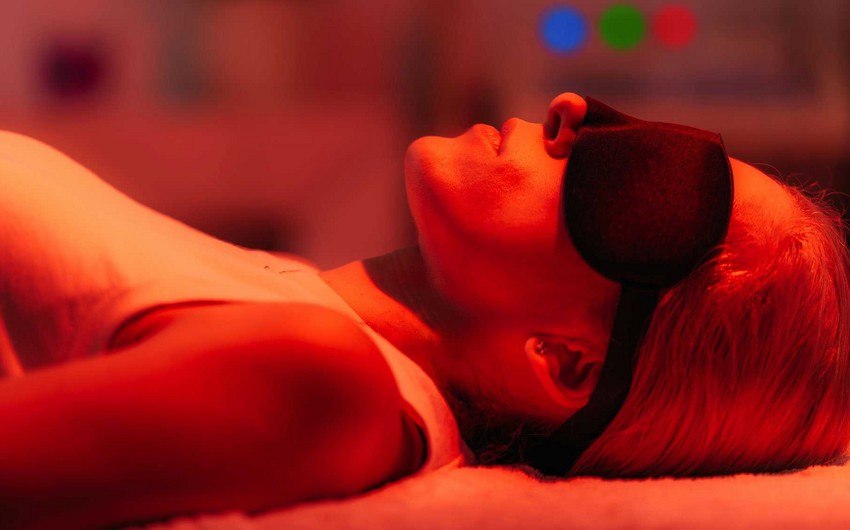A special type of light therapy can mitigate the negative effects of chronic stress on mental function.
Report informs, citing the Journal of Affective Disorders, that photobiomodulation is a non-invasive low-intensity light therapy method. It was previously adapted to treat patients with Alzheimer's disease. A new study in mice has found the first molecular mechanism to explain the effects of photobiomodulation. The animals were subjected to chronic stress and then their body and head were irradiated with a device containing different types of light sources. This improved the mice's ability to pass various tests.
It turned out that photobiomodulation can directly restore the SIRT1 molecular pathway. Previous work has linked its dysfunction to aging and nerve cell loss. Photobiomodulation changed the functioning of intestinal bacteria, which led to the restoration of SIRT1 and mitigation of inflammation in the brain. Previously, the gut-brain axis, the effect of gut microbiota on the brain, had been linked to the development of dementia and depression.
The work proved that mental disorders and the deterioration of stress during chronic stress are associated with the functioning of not only the brain, but also other tissues and organs. Scientists hope that new treatments for depression and other conditions will take all these factors into account. Photobiomodulation may be an adjunctive treatment option in combination with pharmacological therapy in cases of major depressive disorders.


 https://static.report.az/photo/845be23e-d1dd-3d39-9538-47aa5398104f.jpg
https://static.report.az/photo/845be23e-d1dd-3d39-9538-47aa5398104f.jpg

